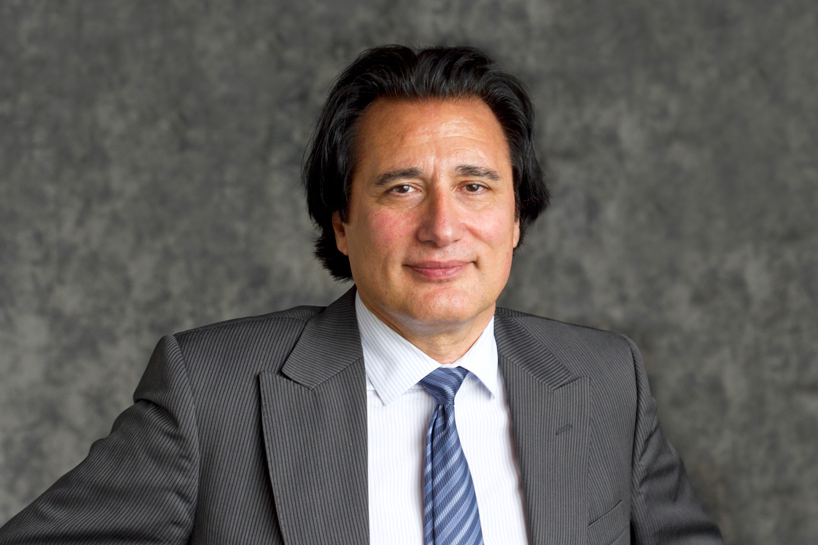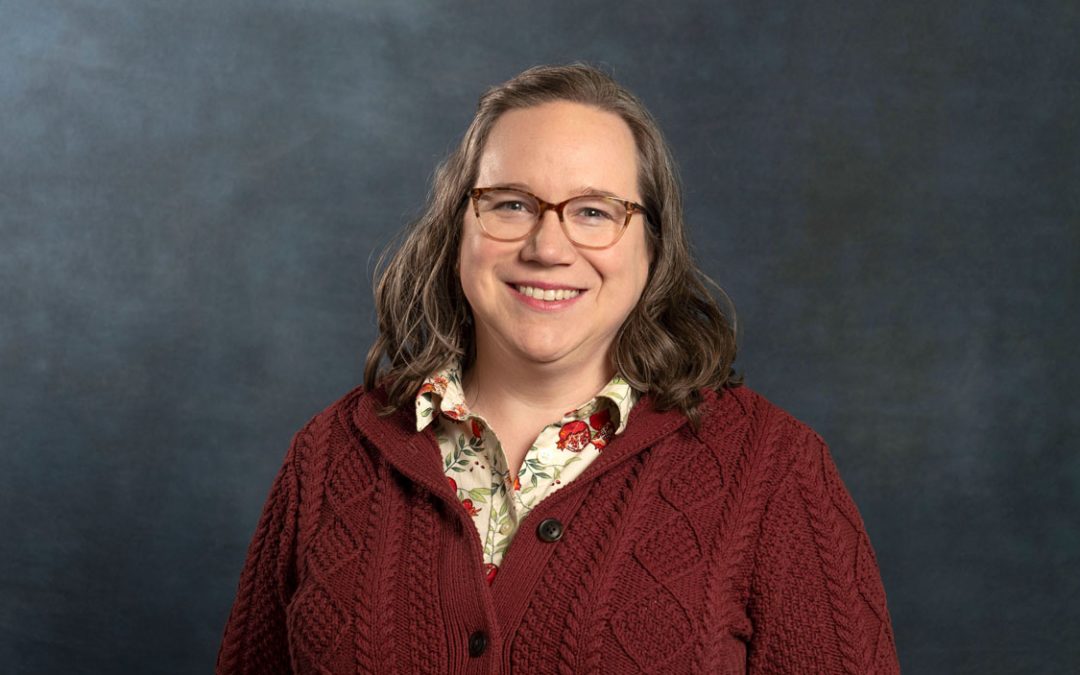
Nasser Arshadi, vice provost for research and professor of finance at UMSL, co-wrote the paper “Changing the academic culture: Valuing patents and commercialization toward tenure and career advancement,” which was published in The Proceedings of the National Academy of Sciences. (Photo by August Jennewein)
When faculty members are up for tenure or promotion, should universities place any emphasis on patents, licensing and commercialization of products in addition to research and publication?
“Yes,” according to Nasser Arshadi, vice provost for research and professor of finance at the University of Missouri–St. Louis. He’s part of an illustrious group of academics who co-authored the paper “Changing the academic culture: Valuing patents and commercialization toward tenure and career advancement,” which was published April 28 in the Proceedings of the National Academy of Sciences.
“My co-authors and I believe that university research leading to major discoveries should be considered in evaluation of faculty for tenure and promotion,” said Arshadi, who is on the board of directors of the National Academy of Inventors, a nonprofit organization founded to recognize, encourage and enhance the visibility of academic technology and invention. He’s also editor of the NAI journal “Technology and Innovation.”
The authors – from the University of South Florida, the California Institute of Technology, the University of Delaware, the University of Minnesota, The University of Alabama at Birmingham, Purdue University, and UMSL – say that, while research activities that translate to product commercialization should not replace traditional scholarly pursuits such as mentoring students and publishing research, patent and commercialization activities should be considered in decisions related to faculty tenure and academic advancement.
New demands on universities are going beyond basic research and teaching to applied research and technology transfer, and the authors feel a “disconnect” between technology transfer activities and a benefit to faculty members in terms of merit raises, tenure or career advancement.
For the authors, the “disconnect” can be lessened or eliminated by changing the university “rewards culture” to include placing value on a faculty member’s patents and commercialization activities. If research, patents, licensing and commercialization are valuable to the institution, they should also be of value to the faculty member’s academic career, they argue. To understand and place proper value on academic research and its potential beneficial outcomes for society and the university, the authors point to the success and impact of university-based “technology transfer,” the process of transferring university-based scientific findings to another organization, such as a start-up company, for further development and commercialization.
Accordingly, the authors note that for universities, the patent, licensing and commercialization benefits of technology transfer include, along with the potential for license income and royalties and access to unrestricted funds for further institutional investment, increased opportunities for research funding, increased prestige for the institution, economic development, and public benefit, as well as helping the institution sustain high levels of scholarship and support student success.
“The greatness of a university should not be measured by its research grants and contracts alone,” wrote the authors. “Greatness is also measured by how the university impacts and changes for the better the world and society-at-large.”
The paper was based, in part, on a panel at the 2013 Annual Conference of the NAI titled “Would Thomas Edison Receive Tenure?”
The paper’s lead author is Paul R. Sanberg, Distinguished University Professor and senior vice president for research and innovation at the University of South Florida and president of the National Academy of Inventors.
Additional authors include Richard B. Marchase, vice president for Research and Economic Development at The University of Alabama at Birmingham, Eric Kaler, president of the University of Minnesota, Patrick T. Harker, president of the University of Delaware, Morteza Gharib, vice provost for research at the California Institute of Technology, Timothy D. Sands, executive vice president for academic affairs and provost of Purdue University, and Sudeep Sarkar, associate vice president for research and innovation at the University of South Florida.














